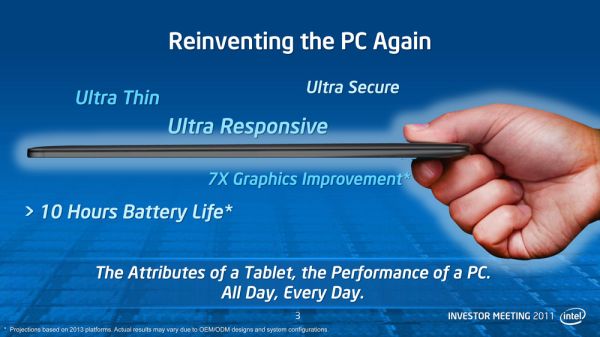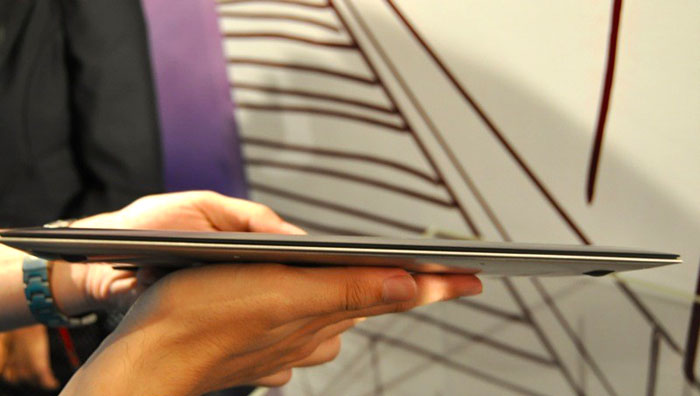"Can We Really? Make Sure It's a He? And His Eyes Will Be Green, Like Mine? And He Won't Be Bald at 32, Like Daddy?" News of late is not so much can you genetically engineer your baby but should you genetically alter your unborn child. The idea is devisive among scientists and theologians who have been weighing in along with medical professionals. They include those who see the hopeful possibility of erradicating within their livetime, some untreatable diseases in our population and those who fear that humans are not ethically capable of making choices that should be left to divine, god or God rule. The arguments range from silly to serious and so far they are in theory. But this may soon change. We are at best and a nation divided on the concept of choice. And the opportunity to reengineering your baby genetically in the future may take on a whole new meaning. Research has alredy produced in the mammal world such an ability. Curently rats and monkies have been altered genetically for medical test purposes.
Genetically Engineer Your Baby?
The arguments range from silly to serious and so far they are in theory. But this may soon change. We are at best and a nation divided on the concept of choice. And the opportunity to reengineering your baby genetically in the future may take on a whole new meaning. Research has alredy produced in the mammal world such an ability. Curently rats and monkies have been altered genetically for medical test purposes.
Cutting edge baby making technology of the 21st century has not only given couples the option to conceive a child outside the womb but also has given them hope to one day genetically engineer baby characteristics. Make sure it’s a boy is a common request couples would desire while other couples want to make sure the child has the parents eye color or free from male pattern baldness when the baby is older. Among other reasons parents may elect genetic alterations for future baby’s to ensure the child is athletic or musically inclined. But should people play with the gene pool to get the ideal child? This is the question that is up for constant debate.
Without question opting to alter the gene pool of future babies’ leaves room for ethical debate and the choices to genetically engineer a baby to suit the parents may seem superficial on the surface but there is an upside to gene alterations that may prove genetic altering technology has a deeper purpose than customizing a baby. Considering the number of babies born each year with debilitating deformities, hereditary diseases and other birth defects; genetic altering can be the answer to the correction of these aliments before the baby is born and produce healthier babies overall.
But at what cost do we consider miracle technology like genetic engineering a change to change the way the baby will look, how smart he'll be, if he will be athletic or a musical prodigy. Sounds like people are taking this modern medicine miracle to higher heights by trying to genetically creating a more advance human race. What happen to good ole fashions surprises and where does this leave couples who enjoy the gift God has given them instead of the parents’ preference? This is where the debate of whether parents should tamper with gene alterations to create a customized child is at its strongest.
Sure it’s ok to consider gene altered babies if there are physical factors such as birth defects, blindness, deafness or even hereditary trait alterations for babies that would be born with diseases that limit the child from living a normal life. But to consider genetically engineering your child because you want them to have curly hair as oppose to straight hair or green eyes instead of brown shifts the demand for genetic altering practices to create more cutting edge technology. Maybe we’re jumping ahead of ourselves with considering cutting edge technology of today to technology in the future that will make genetically engineered babies to suit the expectations of the parents and society.
This raises the question on how geneticist proposes to perform life altering genetic engineering. The approaches currently on the table consist of cloning which is surrounded by moral debate, somatic cell manipulation that is praised for its disease altering cures and Human germline manipulation. Each method serves a human purpose to genetically change a future outcome whether positive or negative.
Cloning is the process where a specific cell is duplicated in the exact likeness of the host cell. In the case of parents that want their child to resemble themselves opting to cloning may be the answer. However this technology has only been tried on sheep and geneticist are unsure of the outcome on humans. Still researchers are optimistic about human cloning trials even with social implication holding this study at bay.
A Somatic Cell Manipulation is the process in which specific hereditary traits are not passed on through DNA to the next generation. This is the primary process of gene therapy where researches try to correct an imperfection in human cell to cure medical conditions rather than prescribing drugs. This type of gene altering method may be ideal for patients that suffer from sickle cell, hemophilia or autoimmune diseases. While this method is still under scrutiny and research is still being conducted, geneticists believe the method will cure hundreds of unborn babies at risk of certain conditions covered by gene therapy.
Human germline manipulation on the other hand is where the real controversy lies, human germline manipulations is a form of genetic engineering that involves altering the sperm and ovum during conception. Here is where couples would be able to change the way their baby looks or remove hereditary traits that a parent may find undesirable. While this type of gene altering baby making technology may seem quite vain and well into the future of genetic medicine it’s an option many couples are considering.
Even with the controversy surrounding genetic engineering to cure diseases, deformities and birth defects during the gestation period or at the time of conception it will be a while before society accepts the new technology as a cure to incurable conditions. Leaving genetically engineered characteristics of future baby’s further down the futuristic timeline.[source]












0 comments:
Post a Comment